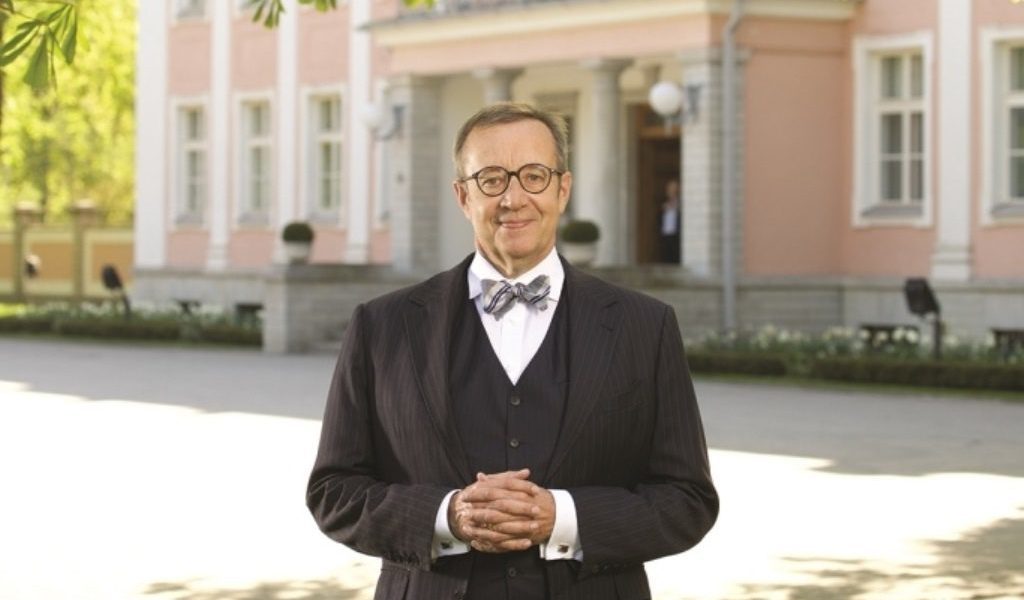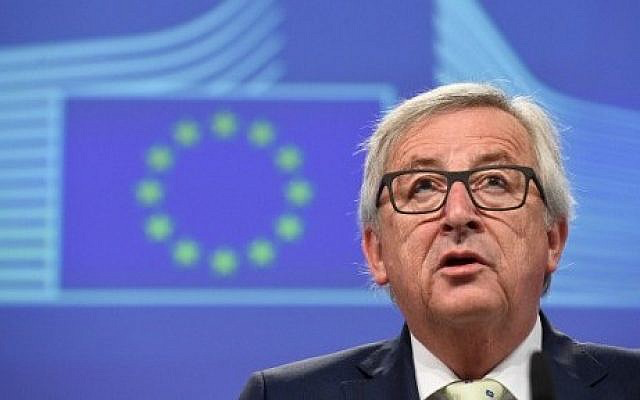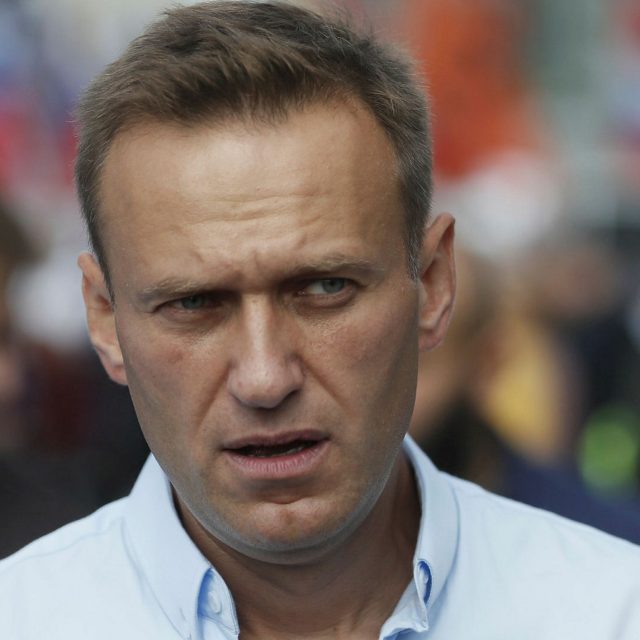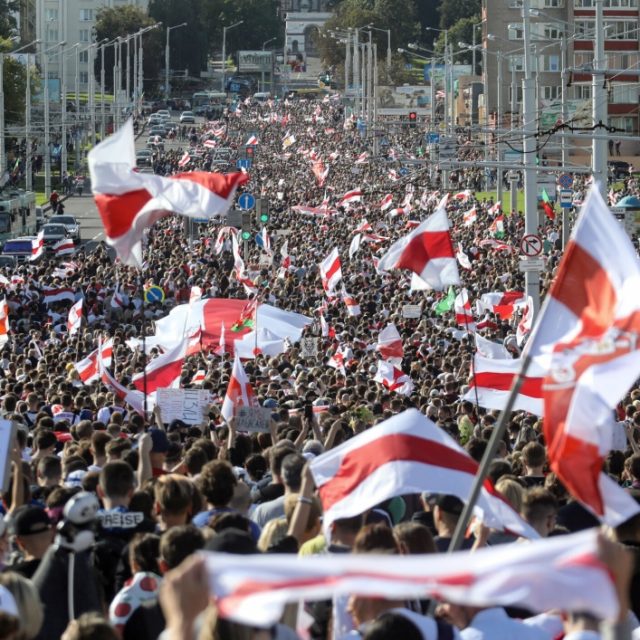Global news continues to be filled with increasing horror stories following Russia’s invasion of Ukraine, coupled with increasing admiration at the country’s resistance led by their inspirational President Zelenskyy. “Cometh the hour, cometh the man”, writes Philip Bushill-Matthews.
I suggest we should also pay tribute to another country, also blessed with an inspirational President who was one of the first to stand up successfully to the behaviour of Russia: the Republic of Estonia.
Estonia is a small country, with a land area of only some 45,000 square kilometres and a population of just under one and a half million. Invaded by Russia in 1939 and annexed in 1940, it only regained its independence in 1991, becoming a member of both the EU and NATO in 2004 to safeguard and underpin its sovereignty. But its problems with Russia were by no means over.
Around a quarter of the population are Russian-speaking, rising to 70% in one of its regions. In the mid-1990s the President was Arnold Rüütel, a former Communist understandably supported by the Russian population. In 1996 he was displaced by a new challenger, Toomas Ilves.
Ilves was the son of Estonian refugees and was brought up in the USA. In 1984 he moved to Germany, joining Radio Free Europe as an analyst/researcher, before becoming the head of their Estonian desk. He became Estonian ambassador to the US, Canada and Mexico from 1993-96 before being elected a member of the Estonian Parliament in 2002 followed by a spell as Member of the European Parliament in 2004 which is where I first met him.
This was only the beginning of his illustrious career. Just two years later he was elected as President of his country, later re-elected for a second five-year term in 2011, and he hit the ground running.
In 1947 the Parliament had erected a statue, the “Bronze Soldier”, in a prominent park in the capital Tallinn to commemorate the defeat of Nazi Germany. The remains of several soldiers were buried beneath it, and Estonians saw it as a Russian memorial. In 2007 Parliament voted to relocate the statue and the bodies to a military cemetery. Russia went ballistic: Ilves did not budge.
He said Estonia had no wish to be weighed down by the past and urged Russia to grow up and try to remain civilized. Despite immense pressure, including from the ethnic Russians within the country, the planned move went ahead. The following day Estonia was hit by a series of multiple cyber-attacks “from an unknown source” on individuals, news channels and even the Wikipedia entry about the Bronze Soldier. These major attacks received only passing attention in the western press.
Visiting Estonia shortly afterwards I was honoured to be granted a private one-to-one audience in the Presidential Palace where Toomas Ilves briefed me about his agenda to date and his thoughts for the future. After twenty minutes an aide knocked to remind him of his next meeting: Toomas thanked him and carried on talking – he had much to say.
He described the ‘Tiger Leap’ begun early in his first presidency about which I was ashamed to admit I knew nothing. Launched in 1997 it began with the accelerated roll-out of internet access nationally, massive investment in computer literacy in schools and introduction of electronic voting in the Parliament. By 2000 Estonia was the first country in the world to declare internet access to be a human right. Today it can list a wide range of e-services which are fully digital: e-business, e-schools, e-health, e-prescriptions and e-tax. The UK remains years behind on all the above: I wondered why.
The hacking would inspire a further innovation, with Estonia dumping its newly-exposed X-Road system and switching to KIS Blockchain. Not only is it continuing to learn but is committed to teach: since 2016 Ilves has co-chaired the international Global Futures Council on Blockchain Technology set up by the World Economic Forum to strengthen cyber security throughout the free world.
In his final Independence Day speech as President Ilves declared: ‘We need to start treating our success stories as lessons from the past, instead of focusing on the historical injustices and suffering experienced by our people. We must use this to learn when and how Estonia has managed better than the others: Innovation, Creative Thinking and the Courage to Act’.
A great message. Estonia may be small in size but remains great in ambition.
So let us continue to thank and admire Zelenskyy and Ukraine. But let us also recognise how Ilves and Estonia deserve our thanks and our admiration. Both Leaders have earned the respect and trust of their people with their vision, their courage and their integrity. Europe is most fortunate to have had two such Leaders in such turbulent times.
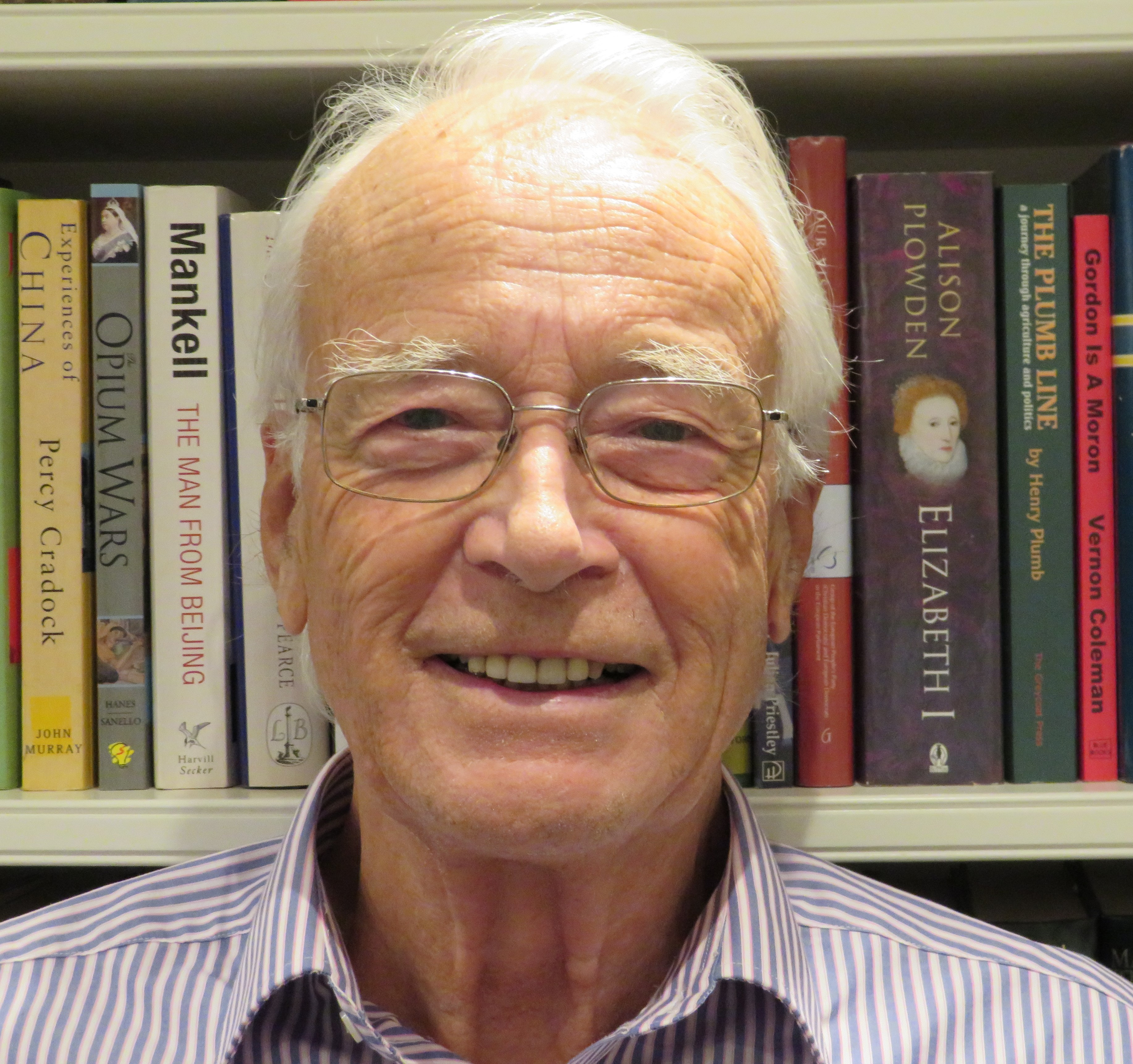
The Author, Philip Bushill-Matthews, is former Leader of the British Conservatives in the European Parliament

